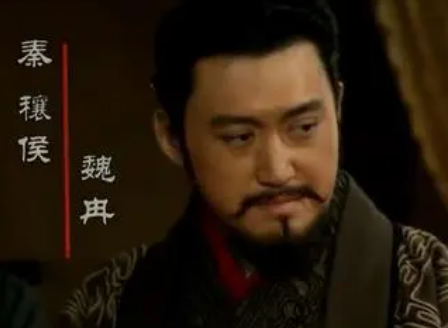In Chinese history, the Battle of Fei Shui during the Eastern Jin Dynasty was a famous case of the weak defeating the strong. Although the military strength of the Eastern Jin Dynasty was far inferior to the Qian Qin, they achieved an astonishing victory in this decisive battle. This article will explore how the Eastern Jin Dynasty managed to defeat the stronger enemy with fewer troops in the Battle of Fei Shui, as well as the impact and lessons learned from this battle for future generations.

I. Background of the Battle of Fei Shui
The Battle of Fei Shui occurred in 383 AD, a decisive battle between the Eastern Jin Dynasty and the Qian Qin. At that time, the Qian Qin emperor Fu Jian led a large army southward, intending to unify China. Facing the powerful Qian Qin army, there was widespread panic throughout the Eastern Jin court and the general population. However, the generals of the Eastern Jin Dynasty, such as Xie An and Xie Xuan, demonstrated exceptional military talent and strategic vision.
II. Strategies of the Eastern Jin Dynasty in Defeating the Qian Qin
There were several reasons why the Eastern Jin Dynasty was able to achieve victory in the Battle of Fei Shui:
- Correct strategic deployment: Xie An, Xie Xuan, and others understood their inferiority in terms of troops, so they adopted a defensive strategy, attracting the Qian Qin army to advance deeper and create opportunities for battle.
- Geographical advantage: The Eastern Jin army was familiar with the terrain, utilizing the advantageous location along the Fei Shui river to set up defense lines, increasing the difficulty of the Qian Qin army's attack.
- Psychological warfare and espionage activities: The Eastern Jin army gathered intelligence on the Qian Qin army through espionage activities, while also spreading rumors to shake the morale of the Qian Qin troops.
- Precise tactical execution: At the decisive moment, the Eastern Jin army utilized elite troops to break through the Qian Qin's defense line, causing chaos and ultimately achieving victory.
III. Impact of the Battle of Fei Shui
The victory in the Battle of Fei Shui not only saved the Eastern Jin Dynasty but also altered the course of Chinese history. This battle demonstrated the importance of military talent and strategic planning, as well as the role of psychological warfare and intelligence work in war. Furthermore, the Battle of Fei Shui is one of the important historical events in which the Chinese nation resisted foreign aggression, carrying profound cultural significance.
IV. Conclusion
The victory of the Eastern Jin Dynasty in the Battle of Fei Shui is a typical example of the weak defeating the strong. This battle not only showcased the wisdom and courage of the generals of the Eastern Jin Dynasty but also provided valuable war experiences and lessons for future generations. The Battle of Fei Shui teaches us that correct strategic deployment, geographical advantage, psychological warfare, and precise tactical execution are all crucial factors in achieving victory against a stronger enemy. Through the study of the Battle of Fei Shui, we can gain a deeper understanding of the complexity and uncertainty of war, as well as the possibility of seeking victory in disadvantageous situations.
Disclaimer: The above content is sourced from the internet and the copyright belongs to the original author. If there is any infringement of your original copyright, please inform us and we will delete the relevant content as soon as possible.
































